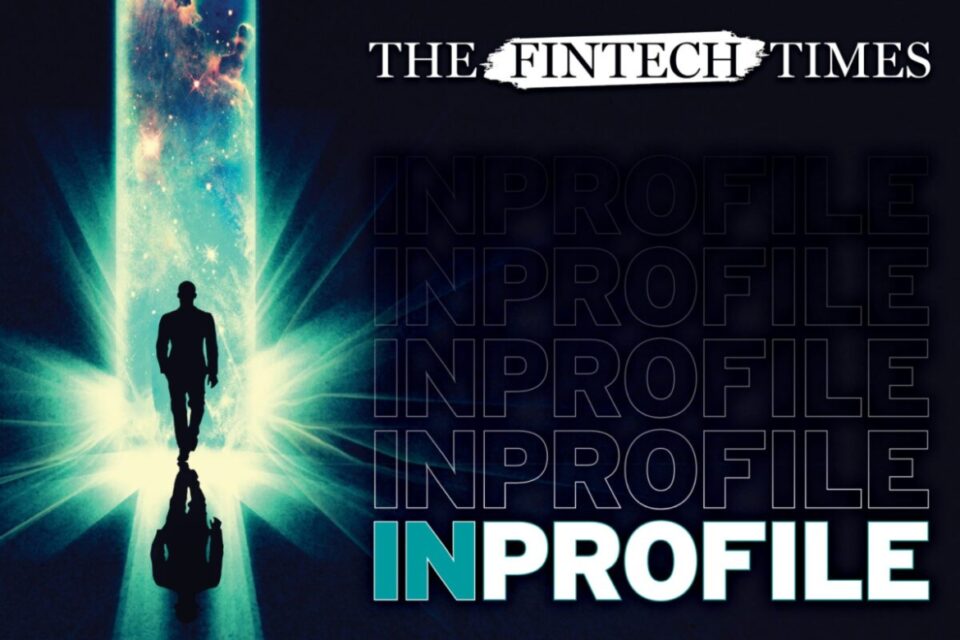Fintech platform Toqio helps businesses, not just banks, to quickly launch embedded finance solutions for their business or customers.
Founded in 2019 by Eduardo Martinez and Michael Galvin, Toqio removes the need to build and manage complex software solutions through its SaaS platform and a marketplace of banking and fintech partners.
Here Galvin, also CCO, shares insight into the company, which recently closed a €18.7million funding round, and reveals the best thing about working in the fintech industry.

Mike, tell us more about your company and its purpose
Toqio is helping financial institutions take advantage of fintech innovation by providing them with a platform that allows them to digitalise their financial products. To date, companies have had to make huge investments in technology to do this, which is why most of the innovation we have seen to date has been from Tier 1 banking incumbents and extremely well-funded tech companies. These, however, are just the tip of the iceberg in the financial industry. The Toqio platform provides companies with a set of modules, or building blocks, which allow them to build new financial products rapidly, or they can develop their own custom products and features, leveraging our low-code development tools. Also, through our Marketplace, our clients can connect to a set of market-leading fintech and financial service providers to build their innovative solutions.
What are some of your recent achievements you’d like to highlight?
We have just announced a €20million Series A funding round which will allow us to solidify our leading position as the platform to develop fintech products. The timing is critical, too, given the tough economic outlook ahead. It places us in an excellent position to operate over the next few years. We’re excited as well, as we think the value proposition that Toqio delivers, versus building your own tech, is going to be very attractive to financial institutions during these coming years. We deliver them a much more attractive business case from a financial point of view, but without having to give up anything in terms of innovation. The funding round is great for us, but we believe it is great for the fintech industry in general, as our clients will still be able to move forward in spite of the wider economic conditions being challenging.
How did you get into the fintech industry?
I’m still pretty new to fintech; Toqio is my first fully focused role in the industry. It was at my previous company Geniac where I realised the potential of fintech and embedded finance, especially for SMEs and large corporations. We provided payroll, but not payments, expense management, but not expense cards, and cash flow forecasting, but not lending. It was 2015, so fintech was still emerging, but it was clear that we were only addressing half the problem. It was this insight that really drove our ambition for creating Toqio, and jumping headfirst into fintech.
What’s the best thing about working in the fintech industry?
It s a massively connected and personable industry and I’ve developed great relationships with our team, our clients, and our partners. Despite the hype, the industry is still in its early stages, so people realise that there is a benefit to making the collective industry successful. Everyone is willing to connect and help where they can. It is also an industry that can truly do good through the democratisation of financial services. The projects I see happening, and some of the ones we are lucky enough to support at Toqio, can have a real and meaningful impact on society. I think this will be the most significant impact of the fintech industry over the next 10 or so years.
What frustrates you most about the fintech industry?
The industry is still in its infancy, making it fragmented and complex. I think the perception, often driven by the hype of fintech, is that everything is simple, connected, and ready to go. The reality is different. Regulation is still localised per country, so businesses can’t just access global services. Accessing best-of-breed services means aggregating via tech which historically has been very expensive, and using aggregated services eats into core margins. Luckily for me, one of Toqio’s key roles is in ameliorating this frustration, so we’re clearly seeing a light at the end of the tunnel.
How have your previous roles influenced your career?
Definitely, I genuinely appreciate the work ethic and the expectation of delivering high-quality work that was instilled in me at Accenture. Not only is it one of the traits that has helped me along in my career, but it is the primary quality I look for when bringing new people into Toqio. After that, at Geniac, I learned what it meant to build a startup and how to deal with all the ups and downs that running an early-stage business brings.
What’s the best mistake you’ve ever made?
Quitting my job at the height of the 2008 financial crisis. I was at Accenture, then, which I’ve always rated as a top company, but I knew at the time it was not what I wanted to do long term. That said, I quit the same day as my co-founder Eduardo, and we launched our first company the next week. So, despite the initial challenges, it was the start of a journey that brought us to where we are today.
What has the future got in store for your company?
I think fintech is at an inflection point today, there has been huge investment in infrastructure, VC investment in the sector, but we still have only really seen the tip of the iceberg when it comes to financial institutions and corporations that have properly taken advantage of this. We think it’s because innovations need to be more accessible, both from a tech and cost perspective. That is exactly what Toqio is delivering. We have seen similar inflection points with CRM and CMS, where companies built their own platforms early on, but then providers like Salesforce and Shopify delivered better solutions than building homegrown systems. We think fintech is going to follow this path, and we consider Toqio to be positioned as the best solution for the long-tail companies that still need to commence their journey of digitalising their financial services.
What are the next key talking points or challenges for your industry as a whole?
One of the challenges for fintech is accessibility to all the innovation developed. Especially in the B2B sector, where fintech is at an even earlier stage. For this reason, I think we’ll start seeing lots of conversations around embedded finance for businesses as it is vastly different from what we are seeing in the consumer market today. Although we have not seen it happening yet, I still think we are going to see market consolidation over the next 12 to 24 months. Many fintechs are restricted by geography as they need to be regulated, so the market slowdown and reduced access to funding should drive some interesting market activity.




